Ashley Madison hacked: How to keep your personal information safe on the internet
The importance of keeping yourself private online has never been more important
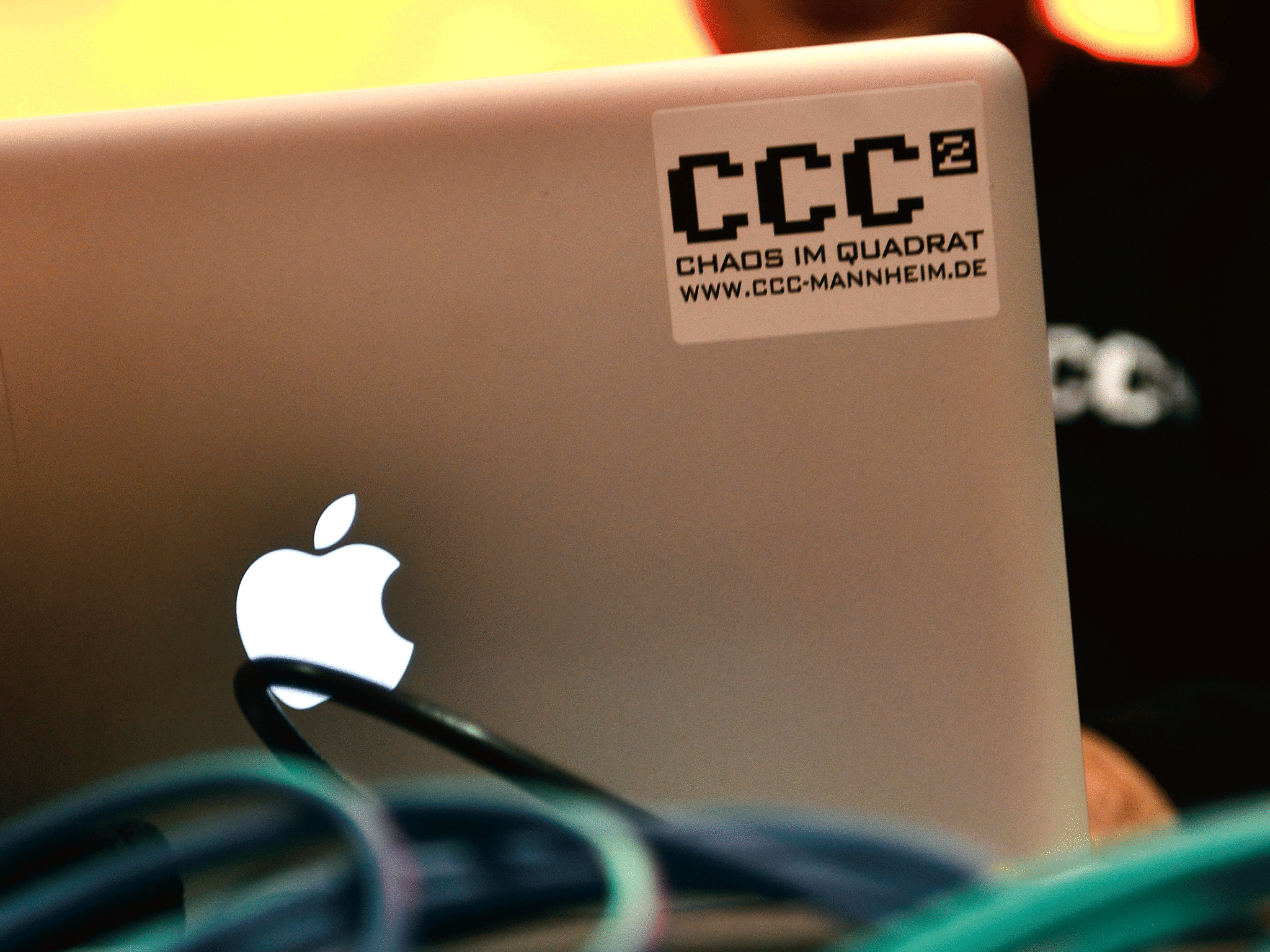
Your support helps us to tell the story
From reproductive rights to climate change to Big Tech, The Independent is on the ground when the story is developing. Whether it's investigating the financials of Elon Musk's pro-Trump PAC or producing our latest documentary, 'The A Word', which shines a light on the American women fighting for reproductive rights, we know how important it is to parse out the facts from the messaging.
At such a critical moment in US history, we need reporters on the ground. Your donation allows us to keep sending journalists to speak to both sides of the story.
The Independent is trusted by Americans across the entire political spectrum. And unlike many other quality news outlets, we choose not to lock Americans out of our reporting and analysis with paywalls. We believe quality journalism should be available to everyone, paid for by those who can afford it.
Your support makes all the difference.In light of the Ashley Madison hack, in which the personal details of 32 million people who had signed up to the infamous cheating website were released to the public, the importance of keeping your data safe online has never been more important.
Even for seemingly secure sites like Ashley Madison, hackers can still find a way in - so taking care of your personal information is something to think about on every site.
Use different passwords across sites
User's passwords were released in the Ashley Madison leak, but they were encrypted. However, despite the bcrypt algorithm being a very secure way to store passwords, it's still possible for hackers to 'crack' the code.
This means that people could potentially then go into the accounts if they are still active, and look at private messages between users.
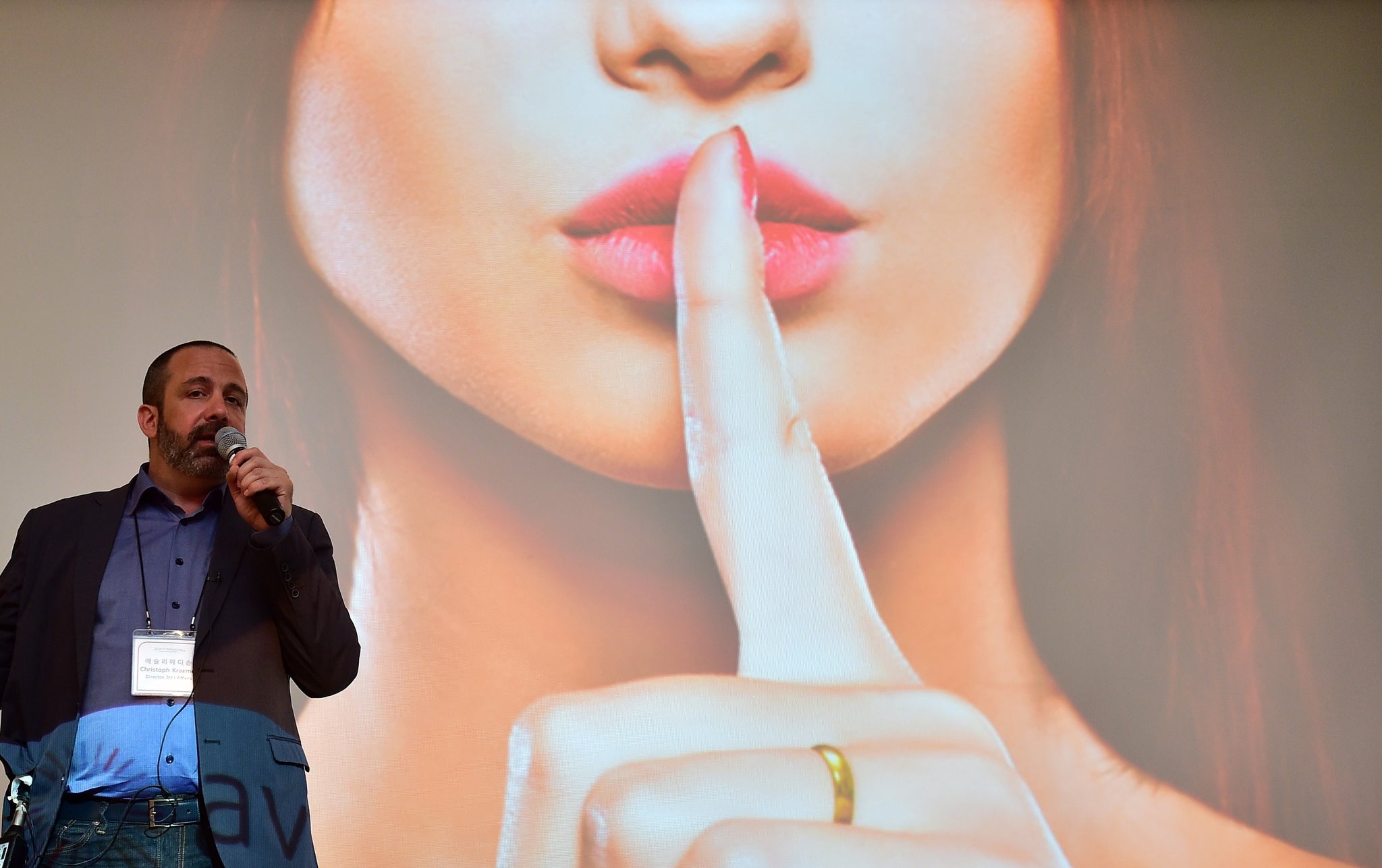
And if the users used the same password across lots of different websites, as many people do, getting their Ashley Madison password could also let them in to their email account, online banking and social media profiles.
Using longer, memorable passwords containing symbols, capital letters and numbers, and using a different one for each site you visit is a good idea.
Using a site like Zoho Vault to securely store complex passwords is the best way to make sure that if one account is compromised, the others won't be.
Use dummy email addresses
A lot of websites require an email address if you want to use their services, and some are less reputable than others.
If your curiousity gets the better of you, then it's possible to use websites like Mailinator or Easy Trash Mail to quickly create a trash inbox.
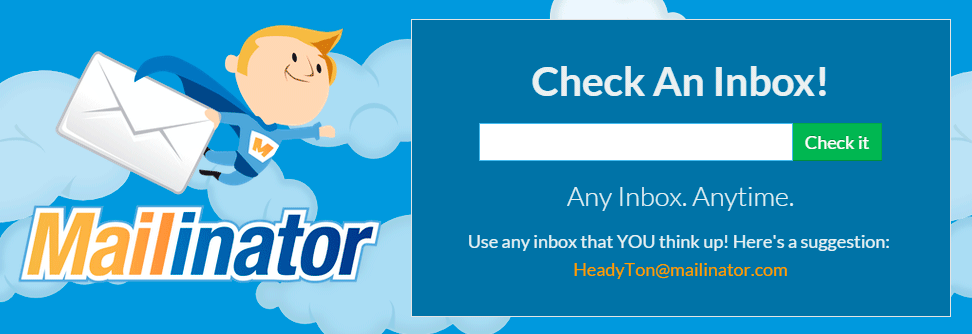
Many of these sites allow you to create an inbox just for a few minutes - allowing you to enter an email in a website, quickly verify yourself, and have the whole account self-destruct so you haven't given your real address away.
This works well to keep away spam, and protects your real details if you're on a less secure website.
Take advantage of private browsing
Internet history stored in your browser can be userful when it comes to auto-filling forms or remembering passwords, but it's also a bit of a security risk.
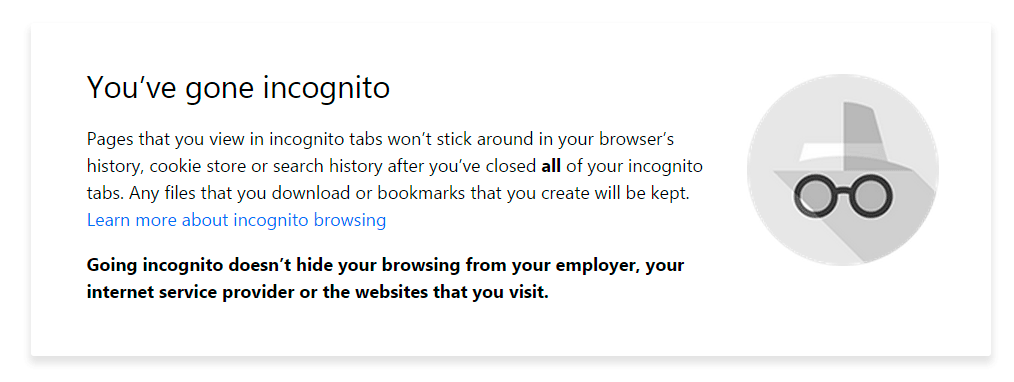
The battle between convenience and security is constant, but by using private browsing in certain situations, you can have all your cookies, temporary files and browing history deleted when you close the window.
It's not very practical to browse in private constantly, but in certain situations (such as visiting Ashley Madison) it can give you peace of mind.
Use two-step authentication
Some sites, such as Dropbox, Gmail and Microsoft, can use two-step authentication if you want them to.
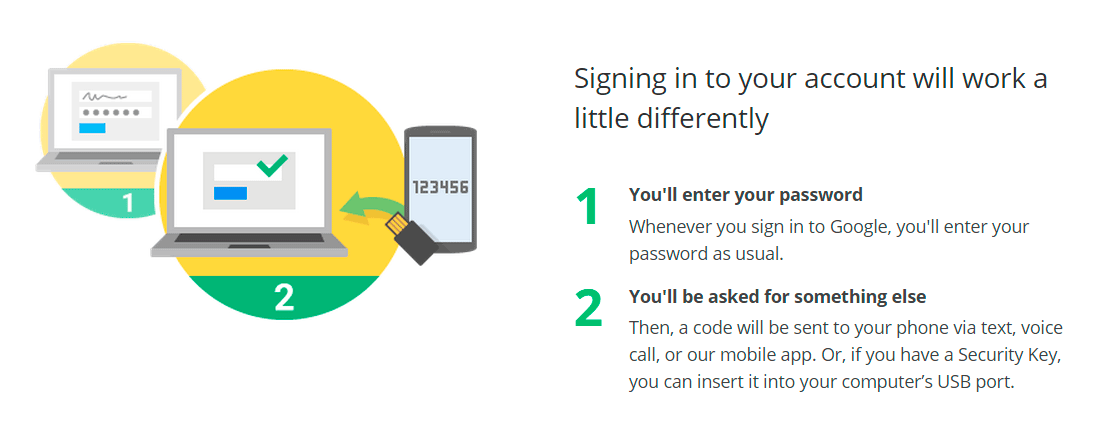
Every time you log in, you'll also get a unique code texted to your phone which you also need to enter. Unless a potential hacker has your email address, password and phone, they won't be able to get in without this unique code.
Again, this can be a bit inconvenient at times, but it works very well for certain services where you need extra security.
Lie when setting up security questions
The password security question is getting less popular these days as people realise that it's not actually that secure.
However, it still exists on some sites (including certain internet banking services), and can be fairly easy to crack.
For example, the common security question 'In what city were you born?' can easily be found out online, particularly through social media. The same goes for pet names, mothers' maiden names and fathers' middle names.
However, simply by telling a lie in the security question field, or by treating it as a second password, you can make your accounts much safer.
Don't share too much on social media, or make profiles private
If you post about every aspect of your life on public social media, you can easily give enough away to open yourself up to hackers - particularly when it comes to guessing passwords or security question answers.

If you do like to share, it can be smart to switch your public social media accounts to private, just in case.
Join our commenting forum
Join thought-provoking conversations, follow other Independent readers and see their replies
Comments